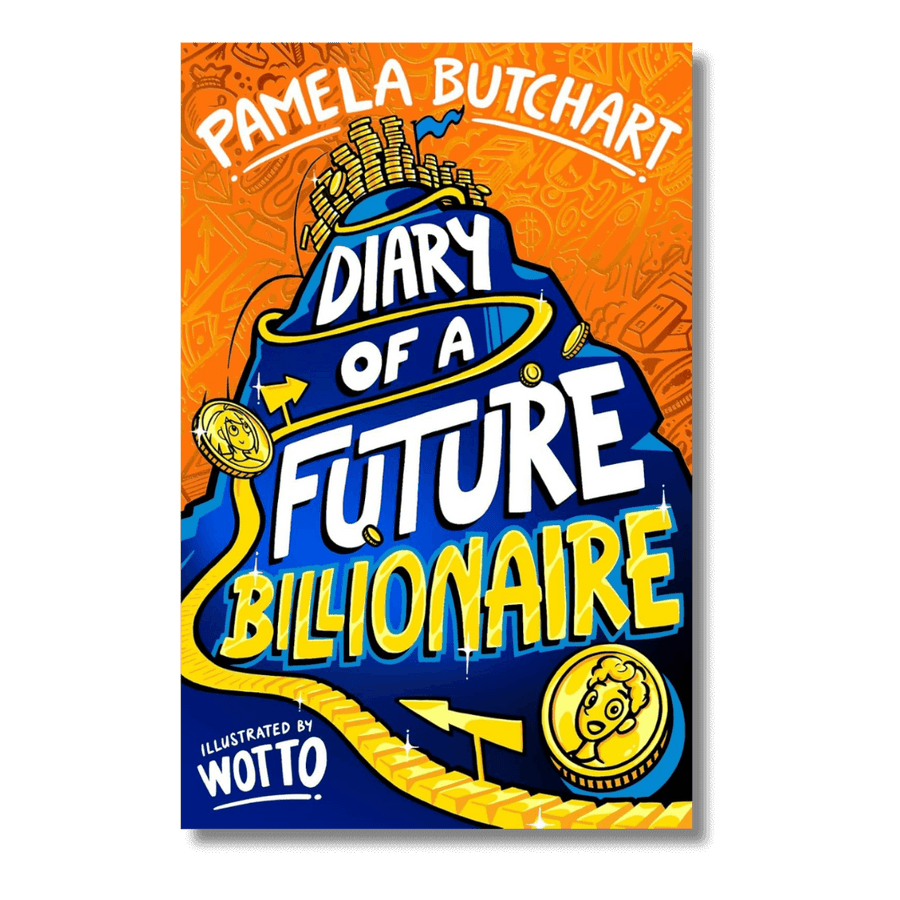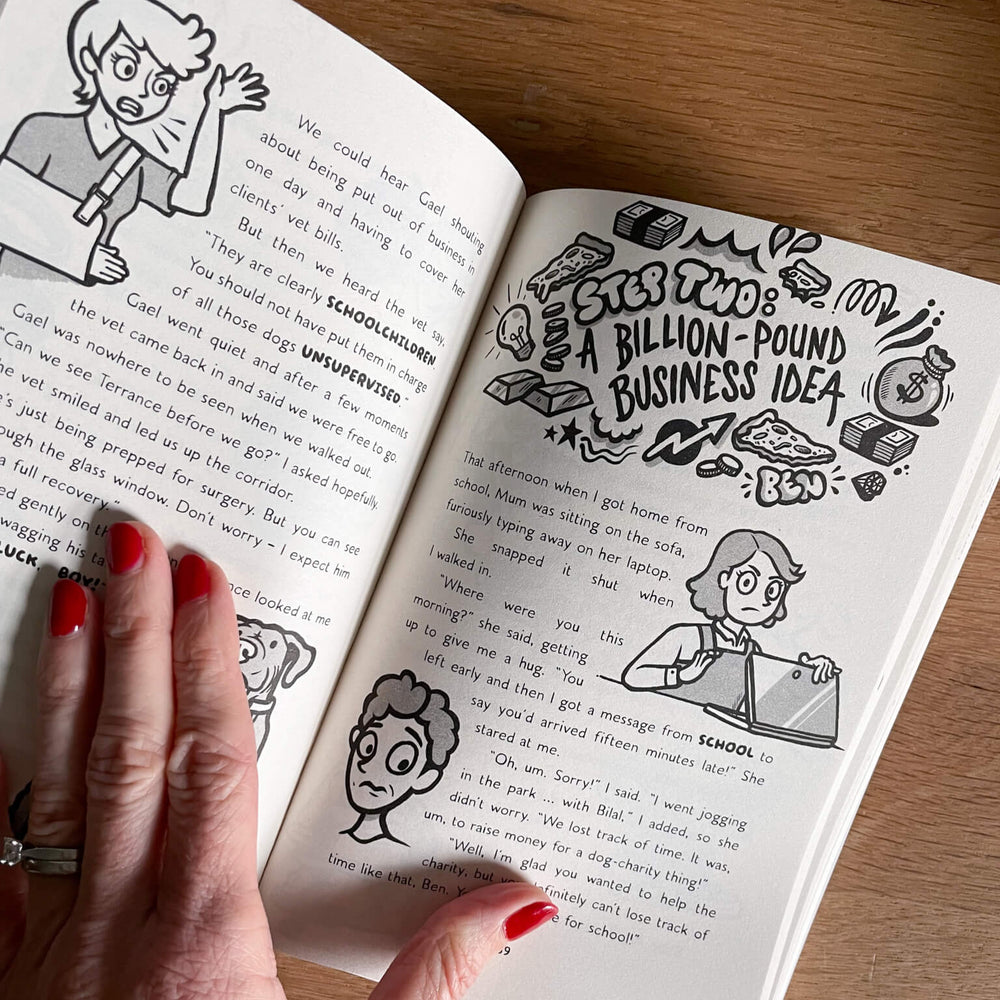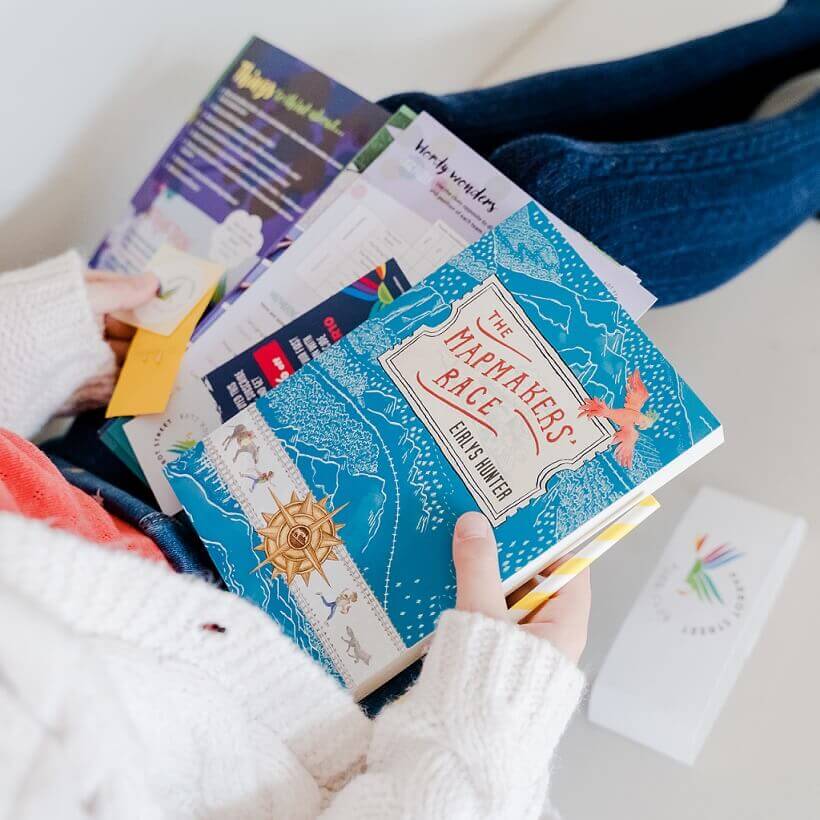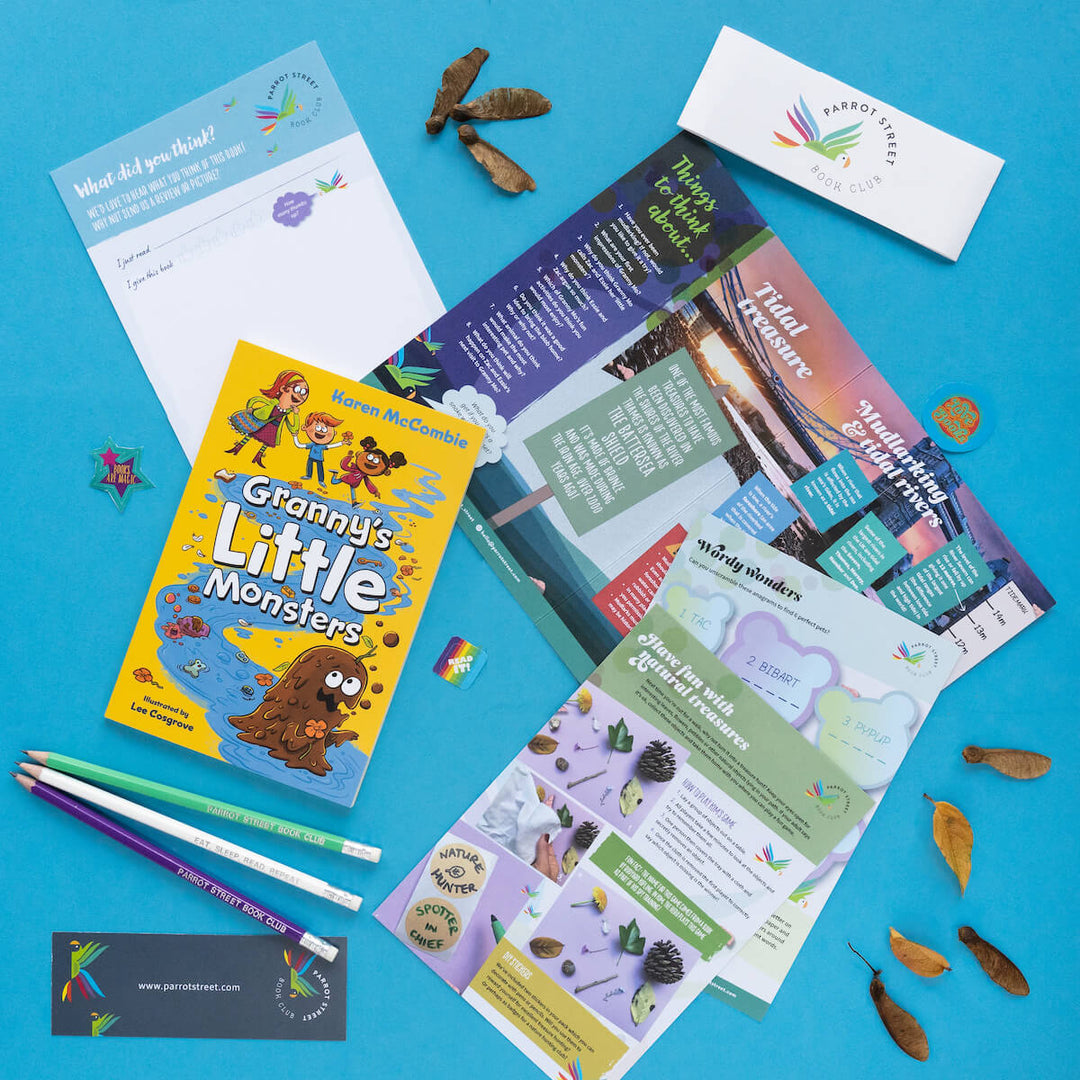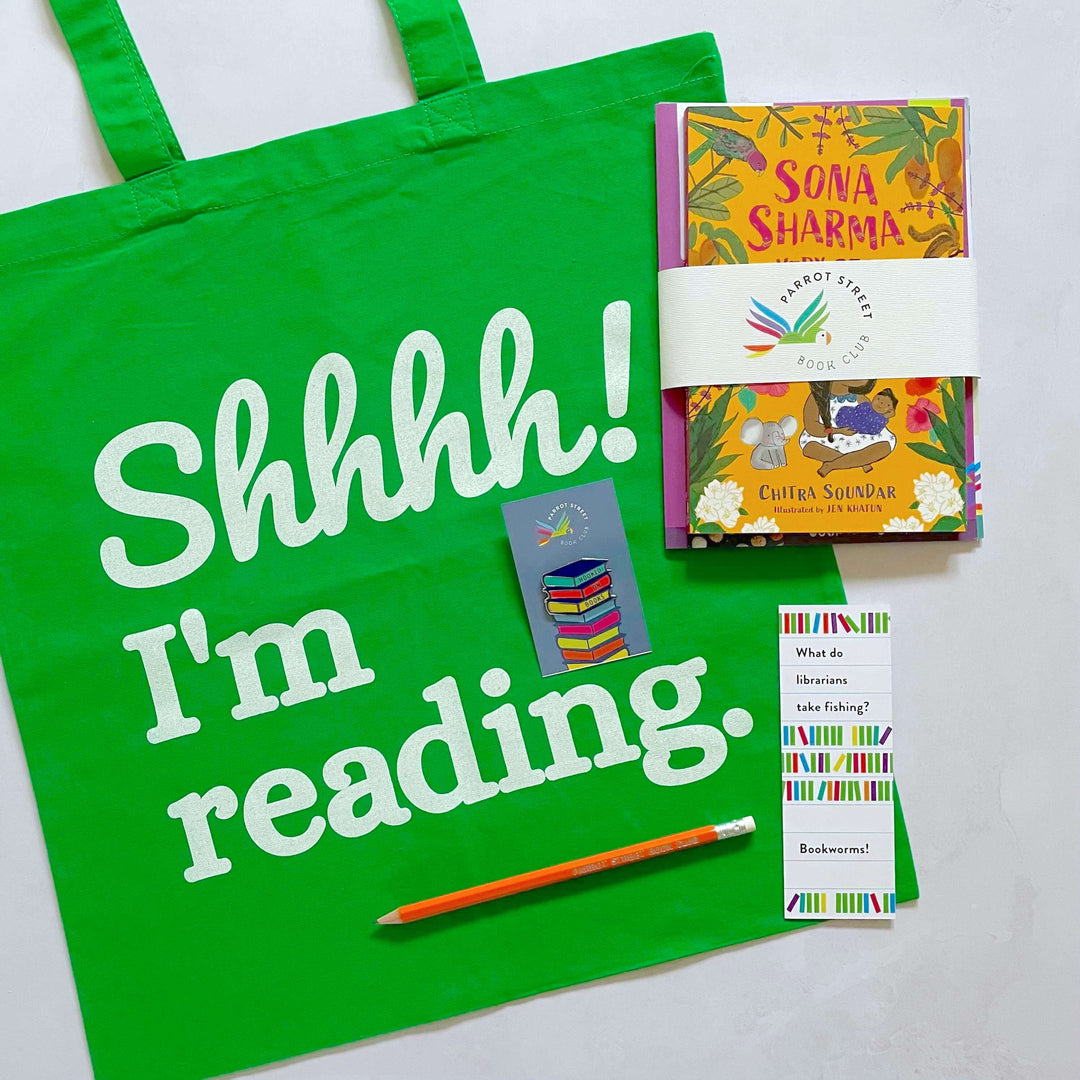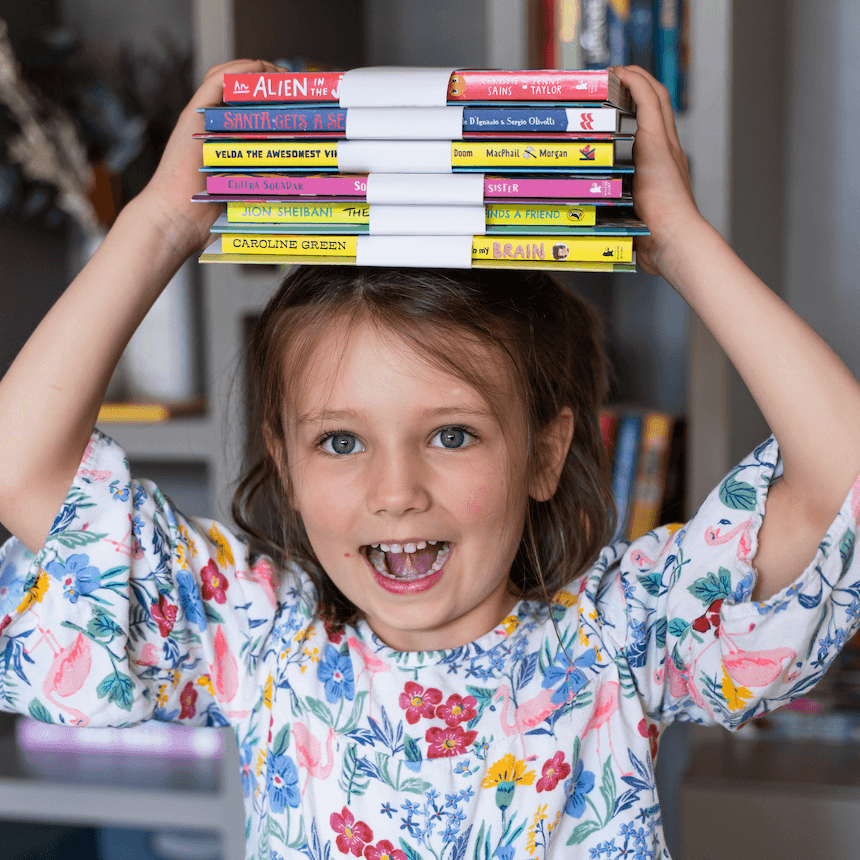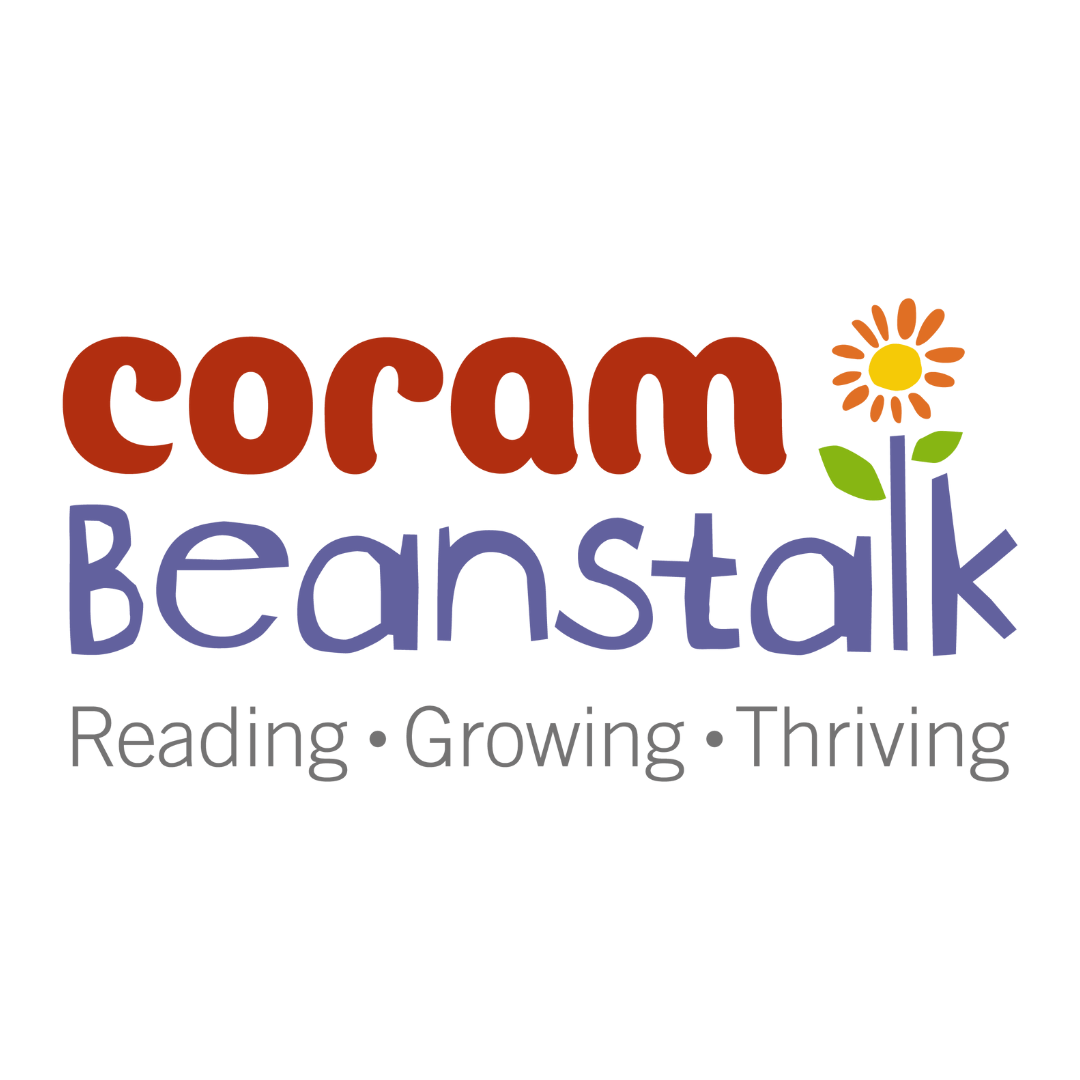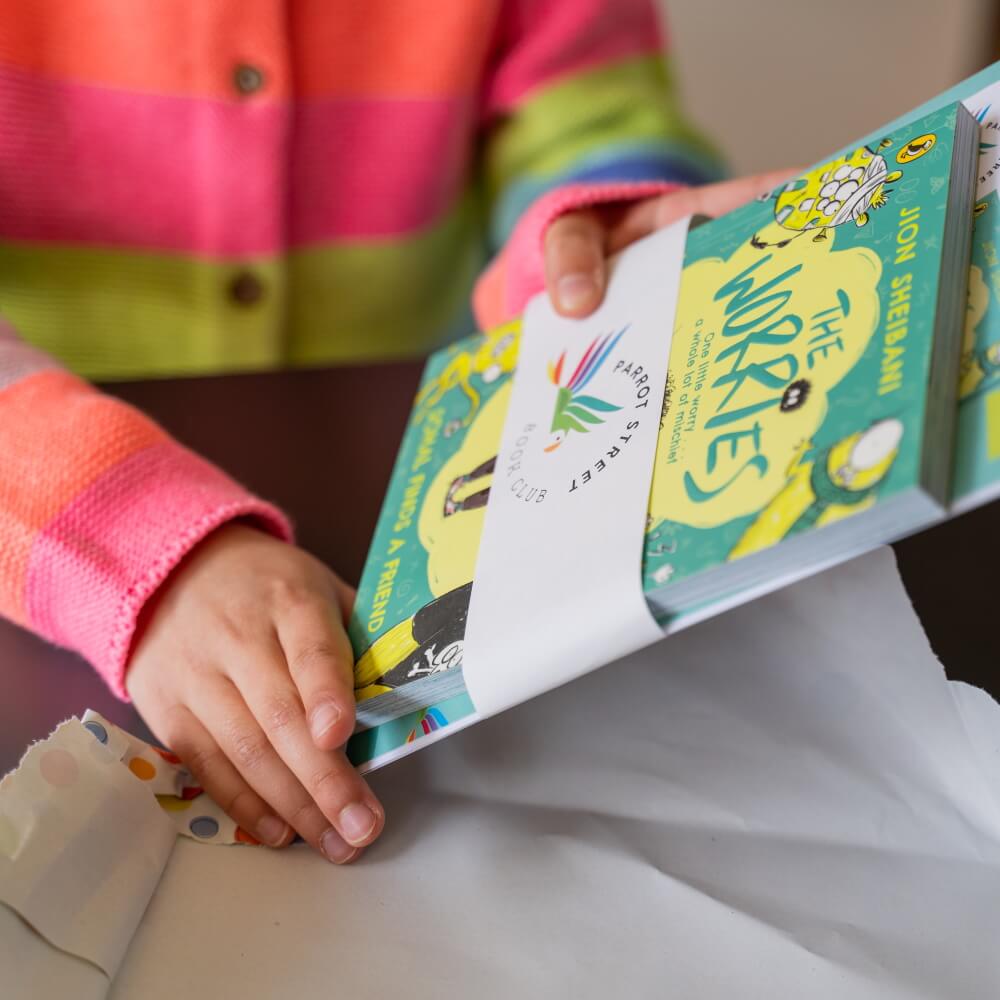Matt Stephens on Raz Beri and books for young people with diverse disability representation

One of the books our Macaw subscribers are reading this month is an inspiring contemporary drama that had us rooting for the lead character from page one. A thought-provoking reflection on attitudes to disability, Raz Beri is super accessible with a hugely relatable setting and cast of characters. It's also a celebration of the strength and resilience and the difference they can make in the world. We asked author Matt Stephens to tell us more about what inspired the story and which other books with diverse disability representation he recommends you read next.
What inspired you to write Raz Beri?
I’m not sure I’m ever really inspired to write a story. They just seem to live and grow in my head until I can’t ignore them any longer. Then they use me to write themselves down!
Are any of the characters or events based on real people and their experiences?
The characters in Raz Beri were all total inventions although, hopefully, quite recognisable. An incident where an immature footballer lost his temper and blasted the ball into the crowd did happen at a Bristol City game, some years ago. This story grew legs (chunky, muscular ones) in my head and I used it as a springboard.
We were struck by how clearly the story represented the power of language. Is that something you were conscious of while writing the book?
I think I’m always conscious of the power of language. I guess that’s why I am a writer. It’s a cliché that “the pen is mightier than the sword”. “The pen” means language; “the sword” means violence. The sword always needs the pen to back it up. The pen has power all by itself.
What would you say is the most valuable thing Billy learns?
The strength that exists within us all. Billy learns that what he can do is far more important than what he can’t.
What do you hope young readers will take away from the story and how it unfolds?
Firstly, I hope that younger and older readers will be moved: to tears, to laughter, to anger, to joy. I hope that readers will be inspired to find the strength within themselves.
Why did you choose to write books for this age group?
I used to be a teacher, a job that I loved, so writing for younger people seemed an obvious step. I never made a conscious decision to write Raz Beri for a younger age-group. The story demanded that by itself.
Do you have a favourite place to write?
I always write at my desk, at home. If I try to write anywhere else I always get distracted. I write everything in long-hand first, then transcribe it to my laptop with my awful typing.
Which other books for young people with diverse disability representation would you recommend our subscribers read next?
Books featuring disability often fall into the trap of portraying the disability as the sum-total of the character. A book that avoids this pitfall quite brilliantly is Wonder by R J Palacio. A heart-breaking and inspirational story of a boy with a facial disfigurement, desperate to fit in at school.
The Curious Incident of the Dog in the Night Time by Mark Haddon, is a gentler but highly insightful story of a teenage boy with Autistic Spectrum Disorder, solving a mysterious crime.
Although not specifically targeted at younger readers, anything by Temple Grandin (herself on the autistic spectrum) invariably provides great insight into ASD as well as being thoroughly entertaining for all age-groups.
Copies of our Raz Beri pack, including a copy of the book and loads of fun activities to go with it, are now available for individual purchase. Grab a copy while stocks last!
This post includes affiliate links to our bookshop.org page, meaning we receive a small percentage of the sale should you purchase through them. Additionally, a percentage from all sales on the platform goes directly to local UK bookshops which is an initiative we're delighted to support!
JOIN OUR EMAIL LIST
Children's book news straight to your inbox
We love sharing product updates, book recommendations, children's activity ideas and special offers via email.


